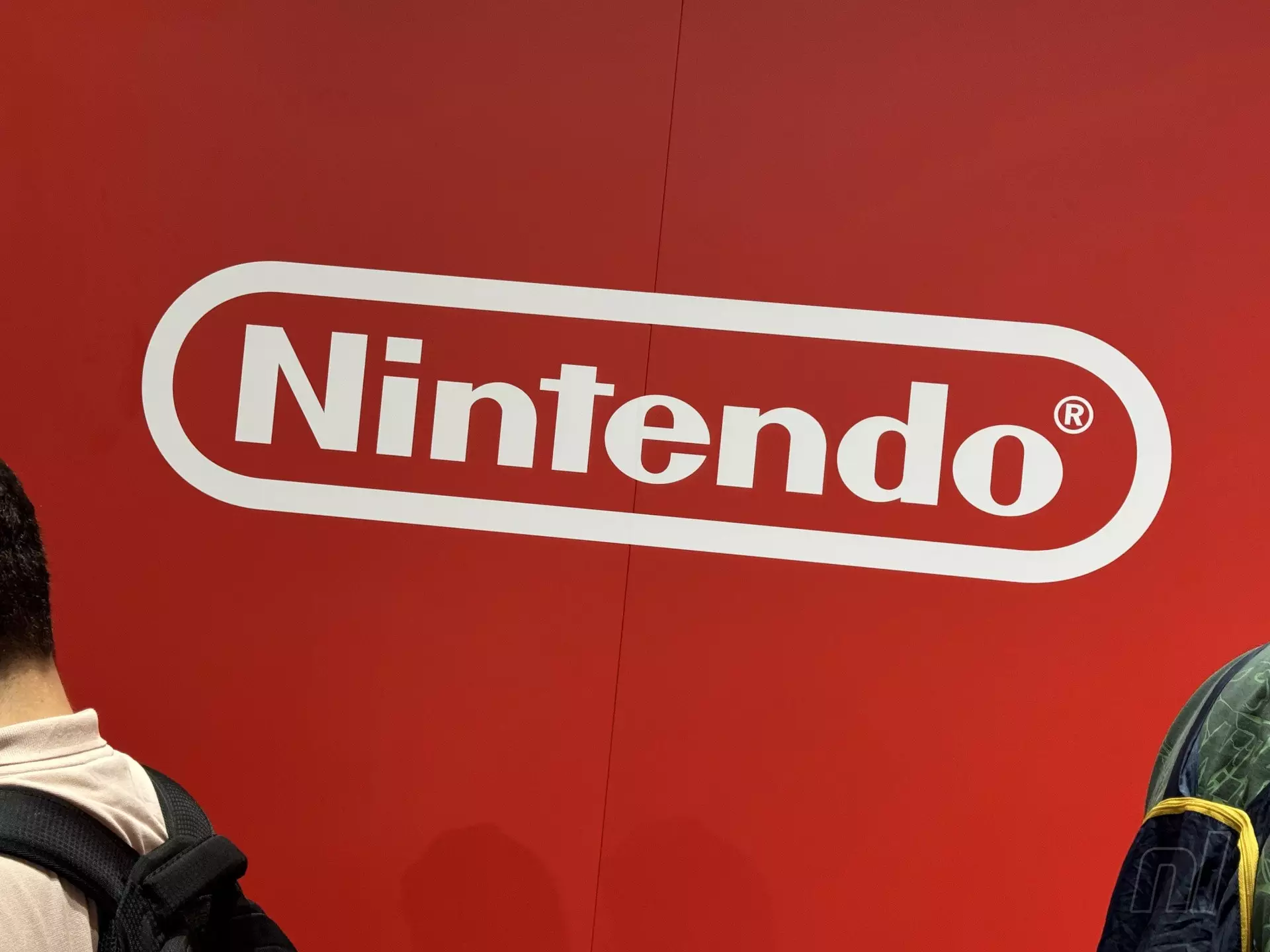Widening the Gap Between Corporate Promises and Workforce Realities
Nintendo’s recent decision to outsource its customer support services signals a fundamental shift in how the gaming giant views its workforce and consumer relations. While the company emphasizes maintaining high levels of customer satisfaction, the transition raises questions about transparency, employee treatment, and the long-term implications for quality support. Displaced contractors—many of whom have dedicated years to Nintendo—have been kept in the dark, learning of their job cuts through third-party agencies rather than direct communication from the company itself. This disconnect not only undermines worker morale but also signals a move toward pragmatism over loyalty, a trend increasingly prevalent in the corporate world. Such practices tend to foster distrust and cast a shadow over Nintendo’s commitment to its staff, especially as they face an uncertain job market amidst rapid industry transformation.
Strategic Cost-Cutting or Short-Sighted Exploitation?
The core motivation behind Nintendo’s outsourcing strategy, as publicly articulated, is operational efficiency—saving costs and expanding support capabilities across diverse markets. However, beneath this surface lies a deeper concern: the potential decline in service quality. Contractors in South America, though fluent in English, are reportedly facing significant communication obstacles. These issues, combined with unfamiliarity with nuanced customer issues, threaten to diminish the quality of support during a critical window—namely, the launch of Switch 2. Outsourcing to cheaper markets often prioritizes immediate financial gains over long-term brand loyalty, risking customer dissatisfaction that could ripple into reduced sales and damaged reputation. Moreover, pressing the displaced workers to train their replacements appears more like a cost-saving tactic than a genuine effort to ensure a smooth transition.
The Human Cost and the Illusion of Efficiency
The human toll of Nintendo’s outsourcing move cannot be overlooked. For many contractors, their work was not just a job but a meaningful part of their livelihood. The abrupt termination of contracts, often without direct warning from Nintendo itself, underscores a troubling trend: treating loyal employees as expendable resources rather than valued contributors. Former workers express feelings of betrayal, regret, and even confusion—emotions that reflect a broader malaise within the industry regarding gig-style employment. Such decisions may seem expedient in corporate terms, but they often ignore the human cost—loss of expertise, morale, and trust. Additionally, the push to shift support to cheaper territories may backfire if communication breakdowns become frequent, further alienating customers and tarnishing Nintendo’s image as a user-friendly brand.
The Reality of Industry Trends and Future Risks
Nintendo’s outsourcing move is emblematic of a larger industry trend: corporations increasingly lean on external vendors and offshore support to reduce costs and scale operations rapidly. While this may offer short-term financial relief, it fosters an environment where quality and accountability are compromised. The gaming industry, known for its passionate community and high expectations, stands at risk if customer support deteriorates. Moreover, with advancements in AI and automation, the future of customer service appears precarious—workers feel betrayed and frightened, facing the march of technological change with little job security. Nintendo’s approach raises fundamental questions about how much of its long-term reputation it’s willing to wager on cost-cutting measures that could ultimately alienate its most dedicated consumers and employees alike.
A Call for Greater Transparency and Responsible Leadership
Ultimately, the controversy surrounding Nintendo’s shift underscores the importance of corporate transparency and empathy. Instead of hiding behind vague corporate statements denying inaccuracies, Nintendo could adopt a more honest, communicative stance—acknowledging the challenges faced by its support staff and committing to more responsible workforce management. Companies that prioritize their human capital tend to foster loyalty, resilience, and better customer experiences—elements that are vital in an increasingly competitive and discerning market. If Nintendo truly aims to uphold its reputation as an innovative and customer-centric brand, it must rethink its outsourcing practices and develop strategies that value both its consumers and its dedicated employees. Only then can it ensure that its future, including the anticipated Switch 2 launch, is built on a foundation of trust, quality, and long-term sustainability.

